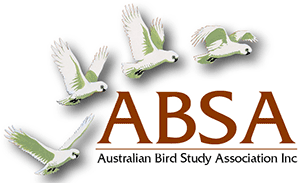IDENTIFICATION OF NEST PREDATORS WITH REMOTE CAMERAS AND ARTIFICIAL NESTS IN EXTENSIVE OLD-GROWTH WOODLAND OF SOUTH.WESTERN AUSTRALIA
| Posted: |
12/04/2021 |
| Author(s): |
Graham R. Fulton |
Four major nest predators, in a large block of relatively undisturbed woodland in south-western Australia, were identified by
remotely triggered cameras at artificial nests: Brushtail Possum Trichosurus vulpecula, Grey Currawong Strepera versicolor,
Red Wattlebird Anthochaera carunculata and Grey Shrike-thrush Colluicincla harmonica. Each species' predatory impact was
influenced by different localised factors. Brushtail Possums were important predators in a tourist village situated within the
woodland and at one woodland site. The Grey Shrike-thrush disturbed camera-nests across all woodland sites, but were not
detected in the village, at camera-nests or in censuses. Red Wattlebirds were more abundant where numerous eucalypts
flowered simultaneously and disturbed camera-nests at those sites. Grey Currawongs only disturbed camera-nests before they
undertook a home range shift that corresponded with their own nesting. The theft of nest material (approximately one third of all
events) highlighted the fact that existing nests may be important to nesting birds as a source of nest material and that the theft
of this material mav be an under-estimated cause of nest failure.
>> Download Abstract |
File Size: 6KB
>> Download Complete PDF | File Size: 771KB
